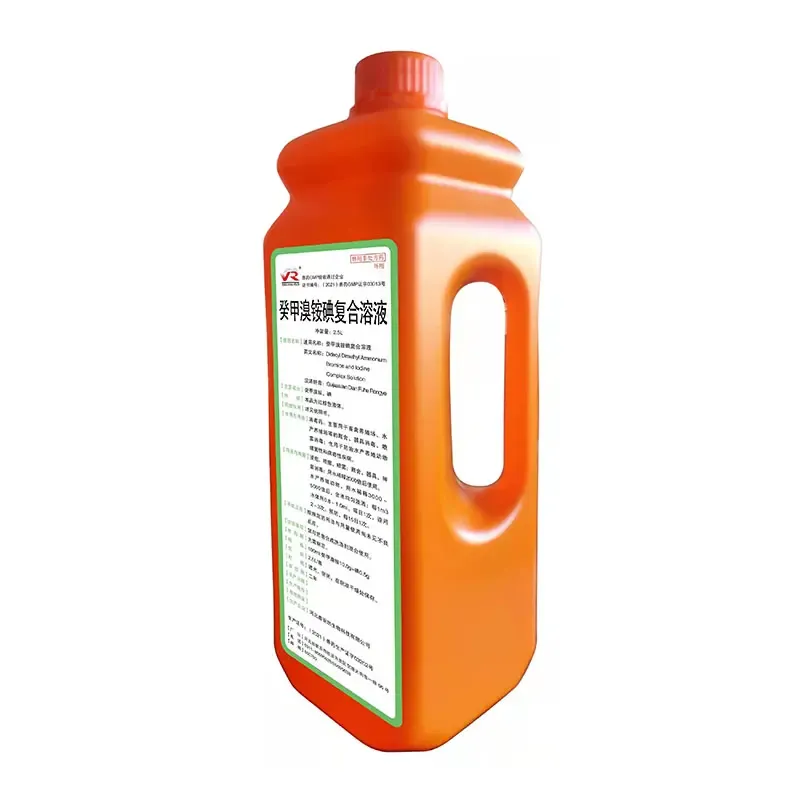- Afrikaans
- Albanian
- Amharic
- Arabic
- Armenian
- Azerbaijani
- Basque
- Belarusian
- Bengali
- Bosnian
- Bulgarian
- Catalan
- Cebuano
- Corsican
- Croatian
- Czech
- Danish
- Dutch
- English
- Esperanto
- Estonian
- Finnish
- French
- Frisian
- Galician
- Georgian
- German
- Greek
- Gujarati
- Haitian Creole
- hausa
- hawaiian
- Hebrew
- Hindi
- Miao
- Hungarian
- Icelandic
- igbo
- Indonesian
- irish
- Italian
- Japanese
- Javanese
- Kannada
- kazakh
- Khmer
- Rwandese
- Korean
- Kurdish
- Kyrgyz
- Lao
- Latin
- Latvian
- Lithuanian
- Luxembourgish
- Macedonian
- Malgashi
- Malay
- Malayalam
- Maltese
- Maori
- Marathi
- Mongolian
- Myanmar
- Nepali
- Norwegian
- Norwegian
- Occitan
- Pashto
- Persian
- Polish
- Portuguese
- Punjabi
- Romanian
- Russian
- Samoan
- Scottish Gaelic
- Serbian
- Sesotho
- Shona
- Sindhi
- Sinhala
- Slovak
- Slovenian
- Somali
- Spanish
- Sundanese
- Swahili
- Swedish
- Tagalog
- Tajik
- Tamil
- Tatar
- Telugu
- Thai
- Turkish
- Turkmen
- Ukrainian
- Urdu
- Uighur
- Uzbek
- Vietnamese
- Welsh
- Bantu
- Yiddish
- Yoruba
- Zulu
Nov . 26, 2024 23:11 Back to list
Antiparasitic Medications for Livestock and Pets in Veterinary Care
Antiparasitic Drugs for Animals A Comprehensive Overview
The health of animals is crucial not only for their well-being but also for the broader ecological balance and agricultural productivity. Among the various health challenges they face, parasitic infections are particularly concerning. These parasites can cause significant morbidity, leading to poor growth, decreased productivity, and even mortality in livestock and companion animals. Therefore, the use of antiparasitic drugs is essential in veterinary medicine, enabling the management and prevention of parasitic diseases.
Understanding Parasitic Infections
Parasitic infections in animals are caused by a range of organisms, including protozoa, helminths (worms), and ectoparasites (external parasites like fleas and ticks). These parasites can infect various species, with different types affecting specific hosts. For instance, Giardia and Coccidia are protozoan parasites that commonly affect dogs and cats, while Ascaris and Strongyles are helminths that plague livestock such as cattle and sheep. Ectoparasites, including ticks and fleas, not only cause discomfort but can also transmit deadly diseases, further complicating health management.
The Role of Antiparasitic Drugs
Antiparasitic drugs are pharmacological agents that are designed to eliminate parasites or inhibit their growth and reproduction. They play an integral role in veterinary medicine, particularly in the management of parasitic infestations. There are three main categories of antiparasitic drugs anthelmintics (for internal parasites), ectoparasiticides (for external parasites), and antiprotozoals (for protozoan infections).
1. Anthelmintics These drugs are primarily used to treat infections caused by helminths. Common anthelmintics include fenbendazole, ivermectin, and albendazole. These agents work by either causing paralysis in the parasite or disrupting its metabolism, leading to its eventual elimination from the host’s body. Regular deworming is crucial for livestock to maintain their health and productivity.
antiparasitic drugs for animals

2. Ectoparasiticides This category includes various agents designed to eliminate ectoparasites. Products such as fipronil and imidacloprid are effective against fleas and ticks, providing not only treatment but also prevention. These drugs often come in topical formulations or collars that offer prolonged protection.
3. Antiprotozoals Protozoan infections can be particularly challenging to treat and require specific medications. Metronidazole is commonly used for treating Giardia, while sulfonamides can be effective against certain coccidia. The choice of drug must be guided by the type of protozoan involved and the affected animal species.
Importance of Responsible Use
Despite their efficacy, the use of antiparasitic drugs must be approached responsibly. Overuse or misuse of these medications can lead to the development of resistance among parasites, which poses a significant threat to both animal and human health. For example, the over-reliance on certain anthelmintics has led to resistance issues in many livestock populations.
Veterinarians and pet owners should adhere to best management practices, including conducting regular fecal examinations, rotating antiparasitic drugs, and following prescribed dosages. This not only helps in controlling existing infections but also in minimizing the risk of resistance development.
Conclusion
Antiparasitic drugs are vital tools in the management of parasitic diseases in animals. By ensuring the health of pets and livestock, these medications contribute to overall animal welfare and agricultural productivity. However, their responsible use is essential to preserve their effectiveness for future generations. As veterinary medicine continues to evolve, ongoing research into new antiparasitic agents and strategies will be crucial in addressing the challenges posed by parasitic infections in various animal populations. With informed use and sustainable practices, we can protect our animals and maintain the delicate balance of our ecosystems.
-
Guide to Oxytetracycline Injection
NewsMar.27,2025
-
Guide to Colistin Sulphate
NewsMar.27,2025
-
Gentamicin Sulfate: Uses, Price, And Key Information
NewsMar.27,2025
-
Enrofloxacin Injection: Uses, Price, And Supplier Information
NewsMar.27,2025
-
Dexamethasone Sodium Phosphate Injection: Uses, Price, And Key Information
NewsMar.27,2025
-
Albendazole Tablet: Uses, Dosage, Cost, And Key Information
NewsMar.27,2025













